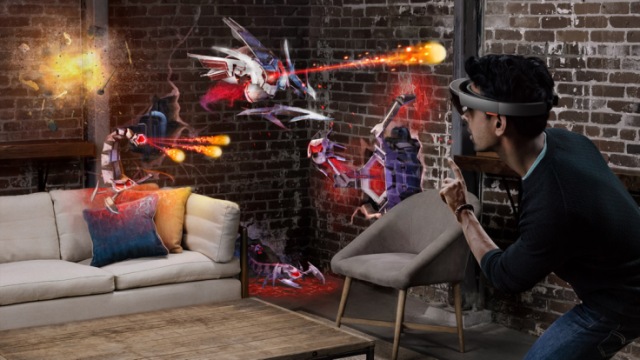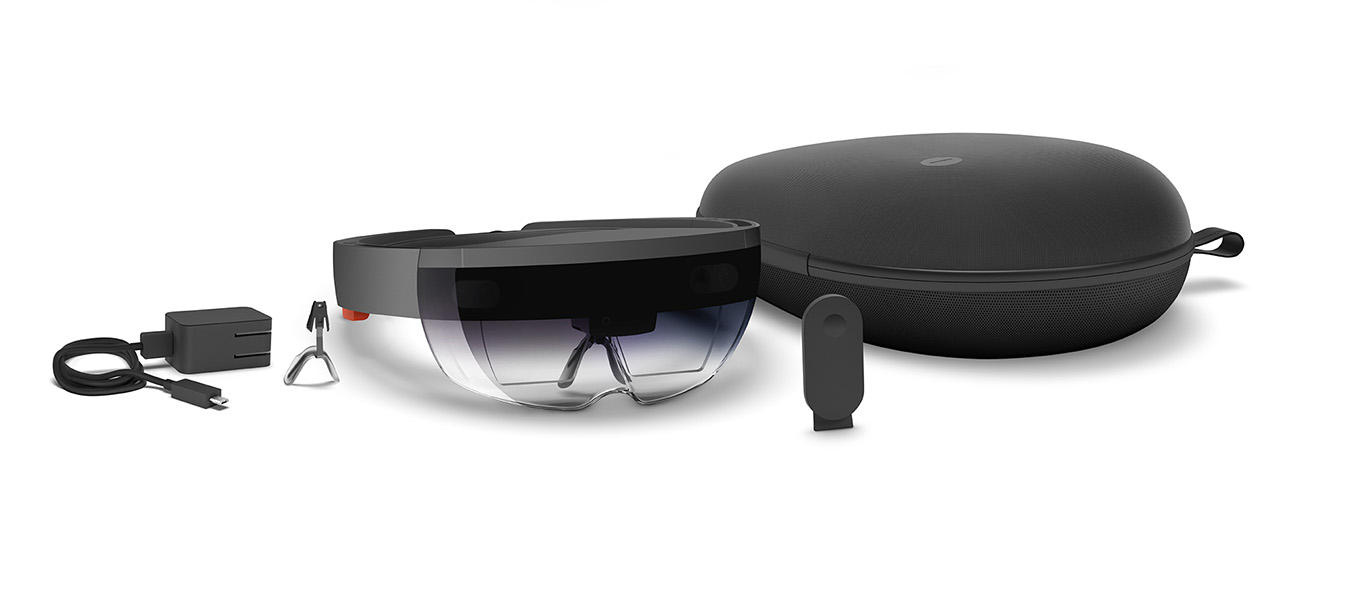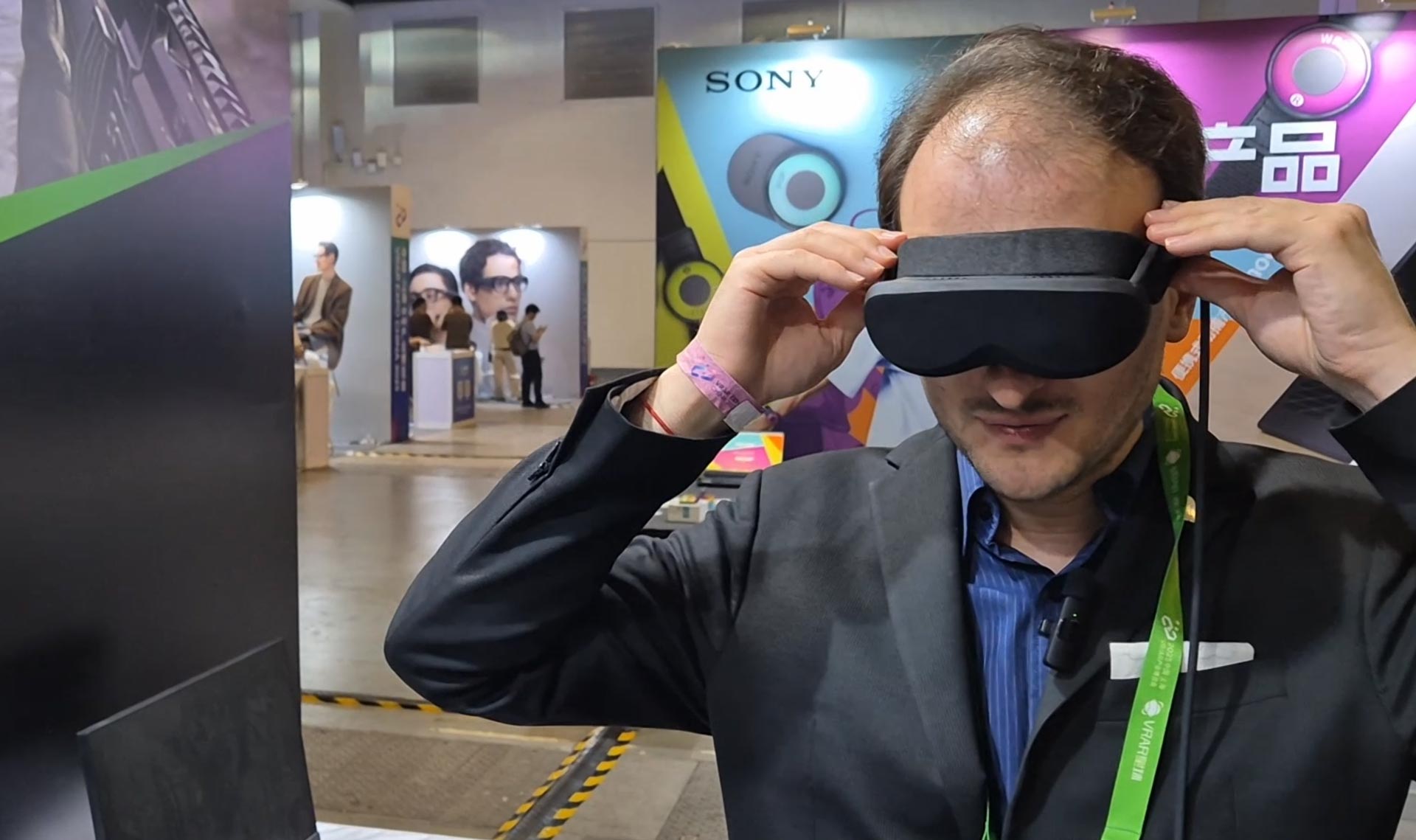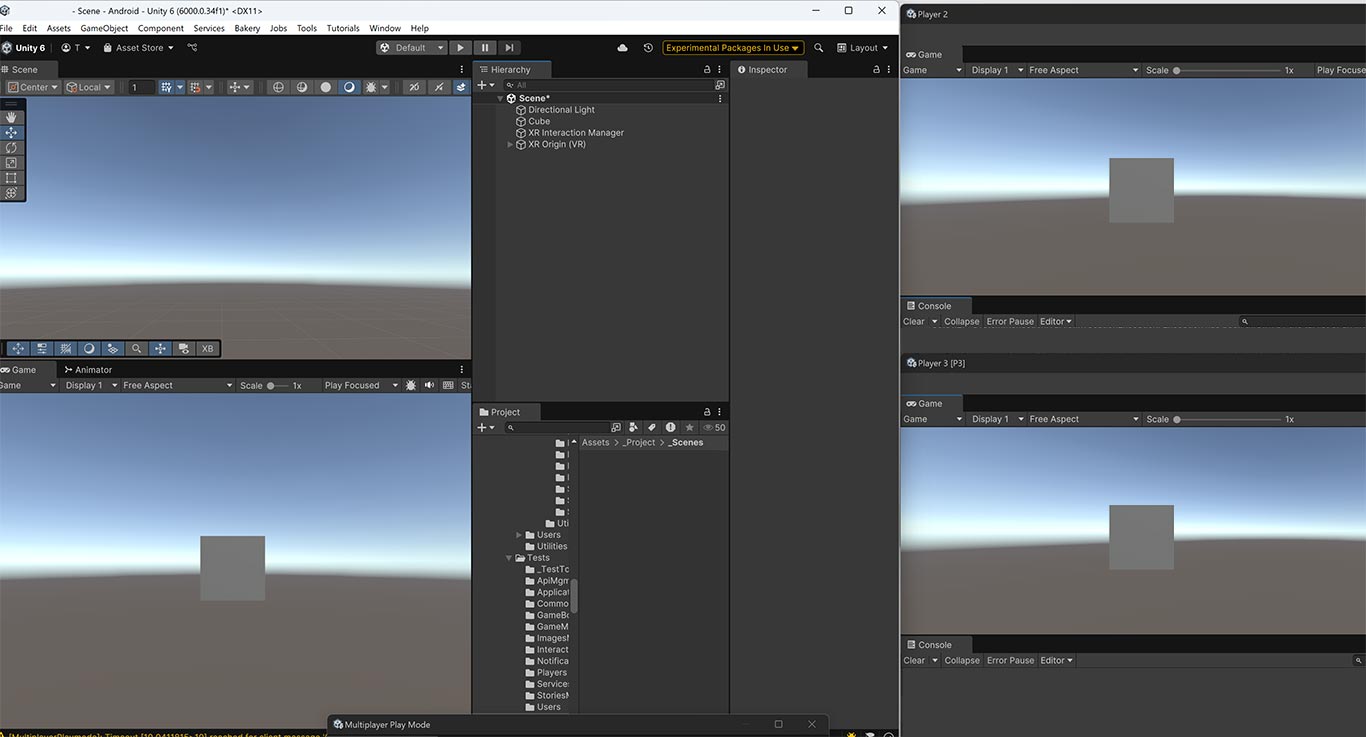Microsoft HoloLens plans make me think about AR/VR product cycles
Yesterday there haven’t been many interesting news about the VR world, but my startup buddy Gianni sent me a super-interesting link that made me think a lot.
The article I’m talking about is this one: it talks about Microsoft skipping HoloLens v2 developments to concentrate directly on version v3. The news is far from being official, but the author talks about some unspecified “sources” confirming this.
So, HoloLens v1 is two years old, but we won’t see a restyling soon: we’ll have to wait for 2019 to have a super-incredible HoloLens v3. Why Microsoft is doing this? According to what the article says and mixing it with what I think, the reasons are:
- There’s no competition, so there’s no reason for Microsoft to rush. Present competitors of HoloLens are Meta glasses (cool, but the fact that they’re tethered is a serious issue) and Magic Leap glasses (cool, but the fact that they’re inexistent is a serious issue). So Microsoft just does what it wants;
- Probably a v2 would just be a “meh” improvement: more FOV, more computational power, better spatial mapping, just to fix some of the Holo-issues I’ve underlined here. But this would be just an incremental improvement and incremental improvements in current AR market do not sell that well (we all want disruptions… if I’ve just spent 3000$ for a device, I don’t spend other 3000$ just to have a slightly-better device);
- They’re still (hardly) selling v1: so, again, annoucing a v2 would mean halting the sales of v1, since everyone thinking about buying a HoloLens would wait for v2 (a similar thought as the one I expressed about Vive some times ago). At the moment Microsoft has all interest in selling its devices, so it should not release a new version soon
- There’s no market: AR, due to low performances and super high prices ($3000 for a HoloLens… really?) is still a niche market, so it has sense to go slowly (there’s no much cash coming from it, so…)
- They’re not the only one doing it. Let’s all remember the thing that I highlighted here: HoloLens is a platform, not a device. So Microsoft has no urge to make a new device by itself: it could be one if its partners to create it (maybe Oculus that is experimenting in AR?.. no, maybe not).
This all makes sense. But I think that this will hold true only if first condition will continue to apply. Yes, competition. Let’s all remember what happened to Oculus: it was the real queen of VR, until Gabe Newell decided that instead of making Half Life 3, it would have been a great idea to make a super-headset with room-scale and VR controllers. From that moment on, Oculus has had lots of troubles from its competitor (and its fanboys), rushing to implement new features and to release new contents.

AR market is a gold mine. And I don’t think that the big players will just stay there looking at Microsoft digging that gold without doing anything. Google is investing in various AR companies (Magic Leap, for instance); Apple has clearly stated that it is interested in doing an AR glass; Oculus has just opened an AR division. Surely Microsoft has set a high quality bar, but other companies have the potential to reach for it (Apple acquired Metaio, let’s not forget this). The only question is “when”. I don’t think it will happen this year, I’d bet 2018. If 2018 would be the year, HoloLens v2-3 has to be released in that year, to not lose market leadership. Otherwise they can keep their idea of 2019.
There are lots of questions about AR/VR products lifecycles. Smartphones’ one is a year (or even less), but it’s a huge mature market. About VR, the analysts say that one year is too few, so maybe 2 years at the moment is the right time. I slightly disagree with this vision, since I think that a Vive 2 will be announced at the end of the year (so it will be more 1 year and a half lifecycle). Anyway VR world is hacking the “product lifecycle” concept just providing upgrades to existing headsets (like the Vive Tracker), so the lifecycle is a very blurred concept.
From what emerges, seems that AR products lifecycle is far longer…. something like 3-4 years at the moment. In a computing world where everything evolves so fast, this seems to me a geological era. We’ll see if this will be true.
Anyway, I’m very curious about your opinion. When will Vive 2 be released? And Hololens v2? Let me know in the comments, or contacting me via twitter or linkedin!
(Header image by Microsoft)
Disclaimer: this blog contains advertisement and affiliate links to sustain itself. If you click on an affiliate link, I'll be very happy because I'll earn a small commission on your purchase. You can find my boring full disclosure here.



